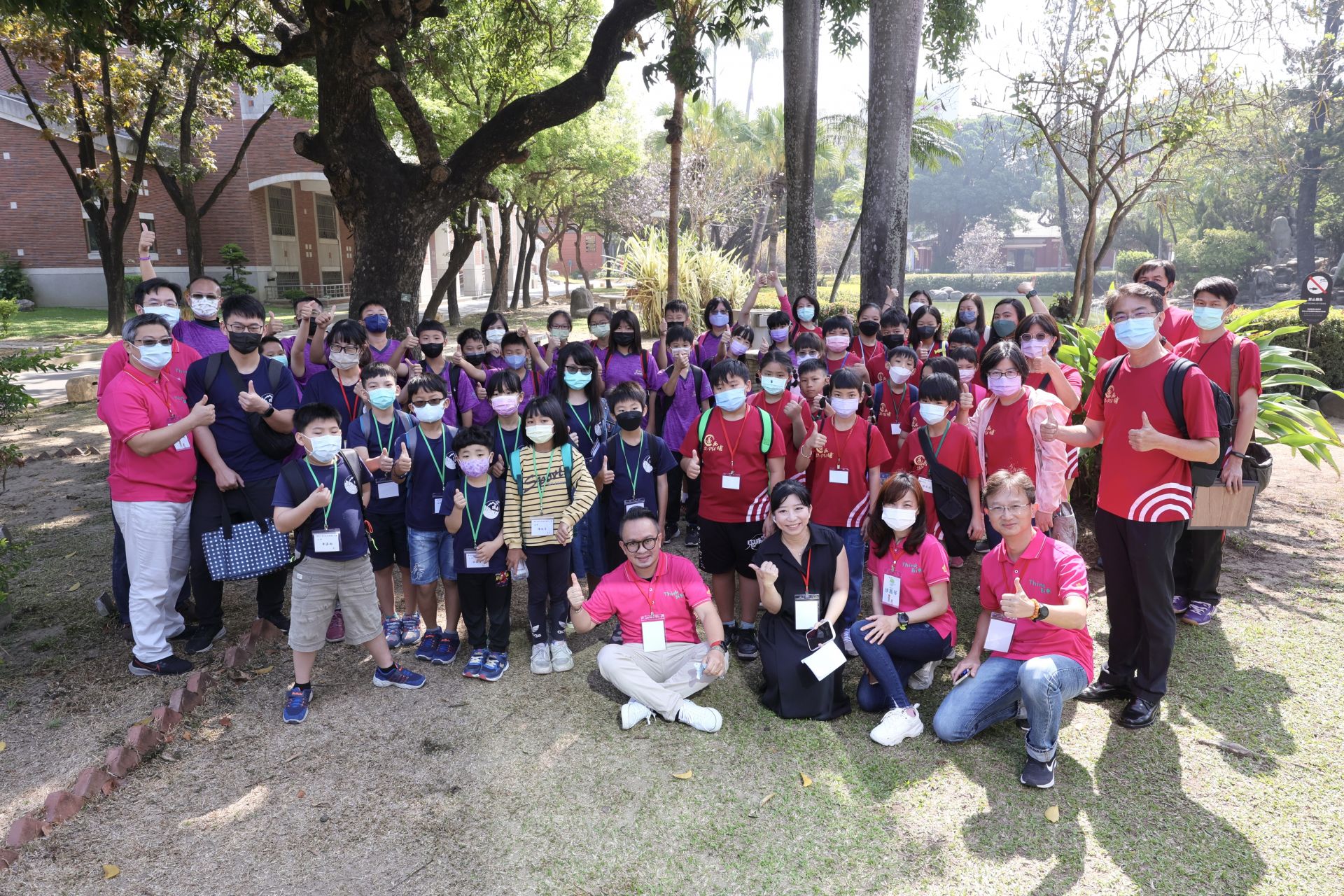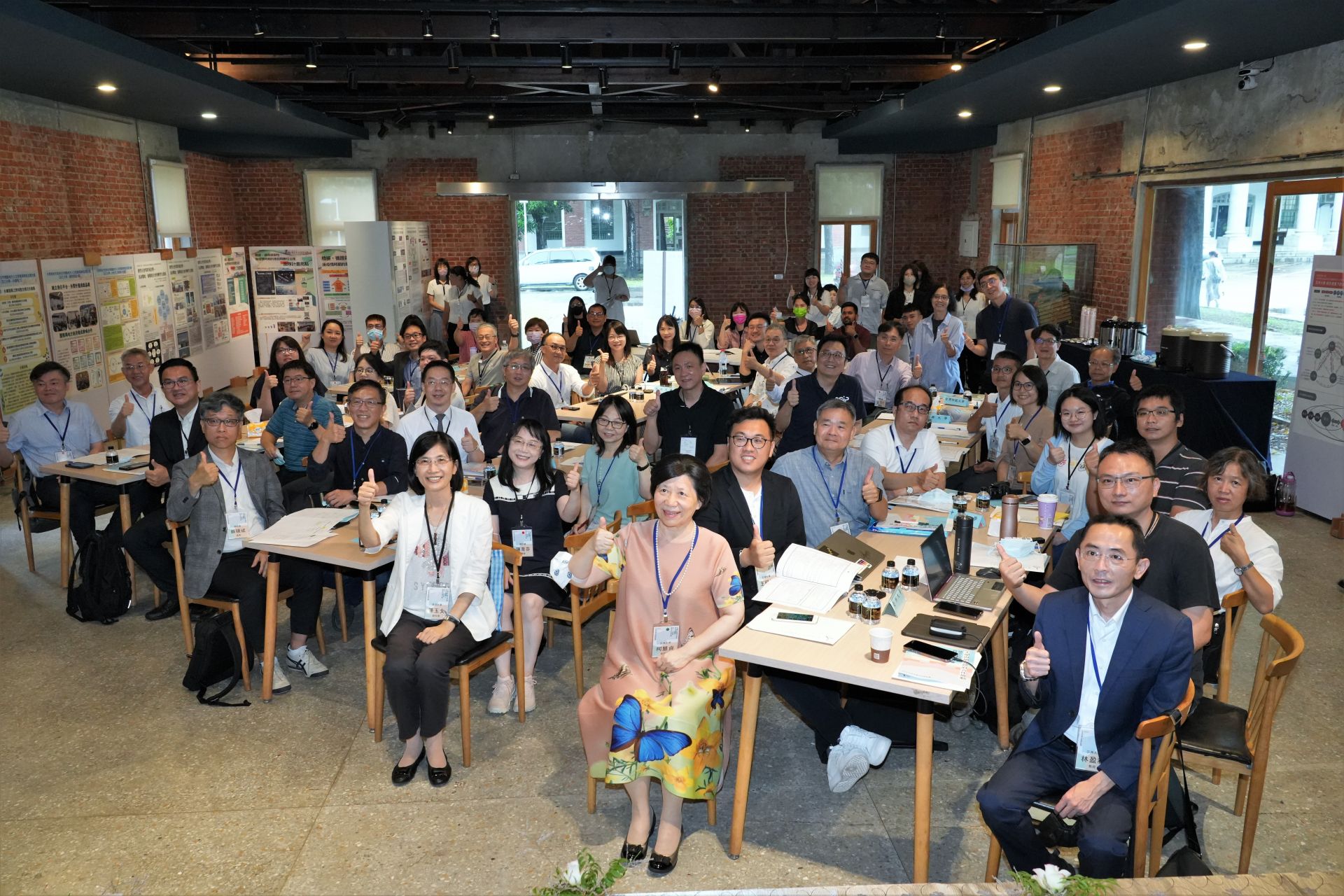The National Science and Technology Council's (NSTC) Division of Humanities and Social Sciences Research Development, together with NCKU, organized the "University and Local Government Collaboration to Promote Local Humanities Development and Cross-Domain Governance Project (referred to as the Local Earth Project) - 2023 Seven-School Exchange Seminar" on August 7th and 8th. Representatives from seven universities including National Central University, Asia University, NCKU, Tamkang University, National Chi Nan University, National Taiwan Normal University, and National Penghu University of Science and Technology gathered to share, exchange, and learn from each other's experiences in implementing the Local Earth Project, aiming to collectively explore new models for humanistic and social practices.
Aging society, agriculture and economic development, environmental protection, wealth disparity and generational gaps, and regional development imbalance are important issues facing Taiwan. Since 2021, the NSTC has been conducting the "Local Earth Project" to facilitate collaboration between universities and local governments. The goal is to explore humanistic development and cross-domain governance issues faced by regions outside the six major cities in Taiwan from the perspectives of humanities and value innovation. Additionally, the NSTC's Division of Humanities, universities, and local governments are exploring how universities can serve as "local governance think tanks" during this process.
On the first day of the symposium held at the NCKU Museum of History and Culture, Director Shuo-bin Su of the NSTC expressed gratitude for the long-term commitment of the seven universities. He stated that the Council aims to address Taiwan's issues by combining research and insights from higher education and intellectuals, collaborating with local governments to find systematic solutions. The goal is to gradually expand these efforts nationwide and ensure sustainable collaboration between local governments, communities, and universities once the model is established.
NCKU's Vice President Yuh-Neu Chen stressed the importance of sharing experiences in the Local Earth Project. Each project, such as regeneration and social services, faces challenges and yields results during implementation. Through collaborative study among the seven universities, experiences can be shared. Additionally, the University Social Responsibility (USR) project hopes to collaborate with the Local Earth Project, enhancing Taiwan's regeneration efforts.
The two-day seminar among seven universities included keynote speeches and roundtable forums on topics like university consultancy for local governments and the network of commissioned projects between universities and local governments. Attendees also visited cultural and historical sites in Tainan and the Lezhi Friendly Community in Pingtung County, engaging in discussions on collaboration models between universities and local governments.
The seven universities' projects for the Local Earth Project are as follows:
National Cheng Kung University: Co-creating Lezhi Friendly Community - NCKU Pingtung Neighbourhood.
National Central University: Constructing and Practicing Agricultural Knowledge in Miaoli.
National Taiwan Normal University: Transition and Innovation in the Matsu Battlefield/Post-Battlefield Society.
Asia University: Sustainable Economic Development in Yunlin's Green Industry.
National Chi Nan University: Bridging, Evidence-based Practices, and Resilience - Digital Governance in Nantou County in the Post-Epidemic Era.
National Penghu University of Science and Technology: Deep Cultivation, Innovation, and Sustainability - Constructing a New Paradigm for Island Social Development.
Tamkang University: Yilan Good Life - Constructing a Cross-domain Integrated Model for Sustainable Development.
Aging society, agriculture and economic development, environmental protection, wealth disparity and generational gaps, and regional development imbalance are important issues facing Taiwan. Since 2021, the NSTC has been conducting the "Local Earth Project" to facilitate collaboration between universities and local governments. The goal is to explore humanistic development and cross-domain governance issues faced by regions outside the six major cities in Taiwan from the perspectives of humanities and value innovation. Additionally, the NSTC's Division of Humanities, universities, and local governments are exploring how universities can serve as "local governance think tanks" during this process.
On the first day of the symposium held at the NCKU Museum of History and Culture, Director Shuo-bin Su of the NSTC expressed gratitude for the long-term commitment of the seven universities. He stated that the Council aims to address Taiwan's issues by combining research and insights from higher education and intellectuals, collaborating with local governments to find systematic solutions. The goal is to gradually expand these efforts nationwide and ensure sustainable collaboration between local governments, communities, and universities once the model is established.
NCKU's Vice President Yuh-Neu Chen stressed the importance of sharing experiences in the Local Earth Project. Each project, such as regeneration and social services, faces challenges and yields results during implementation. Through collaborative study among the seven universities, experiences can be shared. Additionally, the University Social Responsibility (USR) project hopes to collaborate with the Local Earth Project, enhancing Taiwan's regeneration efforts.
The two-day seminar among seven universities included keynote speeches and roundtable forums on topics like university consultancy for local governments and the network of commissioned projects between universities and local governments. Attendees also visited cultural and historical sites in Tainan and the Lezhi Friendly Community in Pingtung County, engaging in discussions on collaboration models between universities and local governments.
The seven universities' projects for the Local Earth Project are as follows:
National Cheng Kung University: Co-creating Lezhi Friendly Community - NCKU Pingtung Neighbourhood.
National Central University: Constructing and Practicing Agricultural Knowledge in Miaoli.
National Taiwan Normal University: Transition and Innovation in the Matsu Battlefield/Post-Battlefield Society.
Asia University: Sustainable Economic Development in Yunlin's Green Industry.
National Chi Nan University: Bridging, Evidence-based Practices, and Resilience - Digital Governance in Nantou County in the Post-Epidemic Era.
National Penghu University of Science and Technology: Deep Cultivation, Innovation, and Sustainability - Constructing a New Paradigm for Island Social Development.
Tamkang University: Yilan Good Life - Constructing a Cross-domain Integrated Model for Sustainable Development.
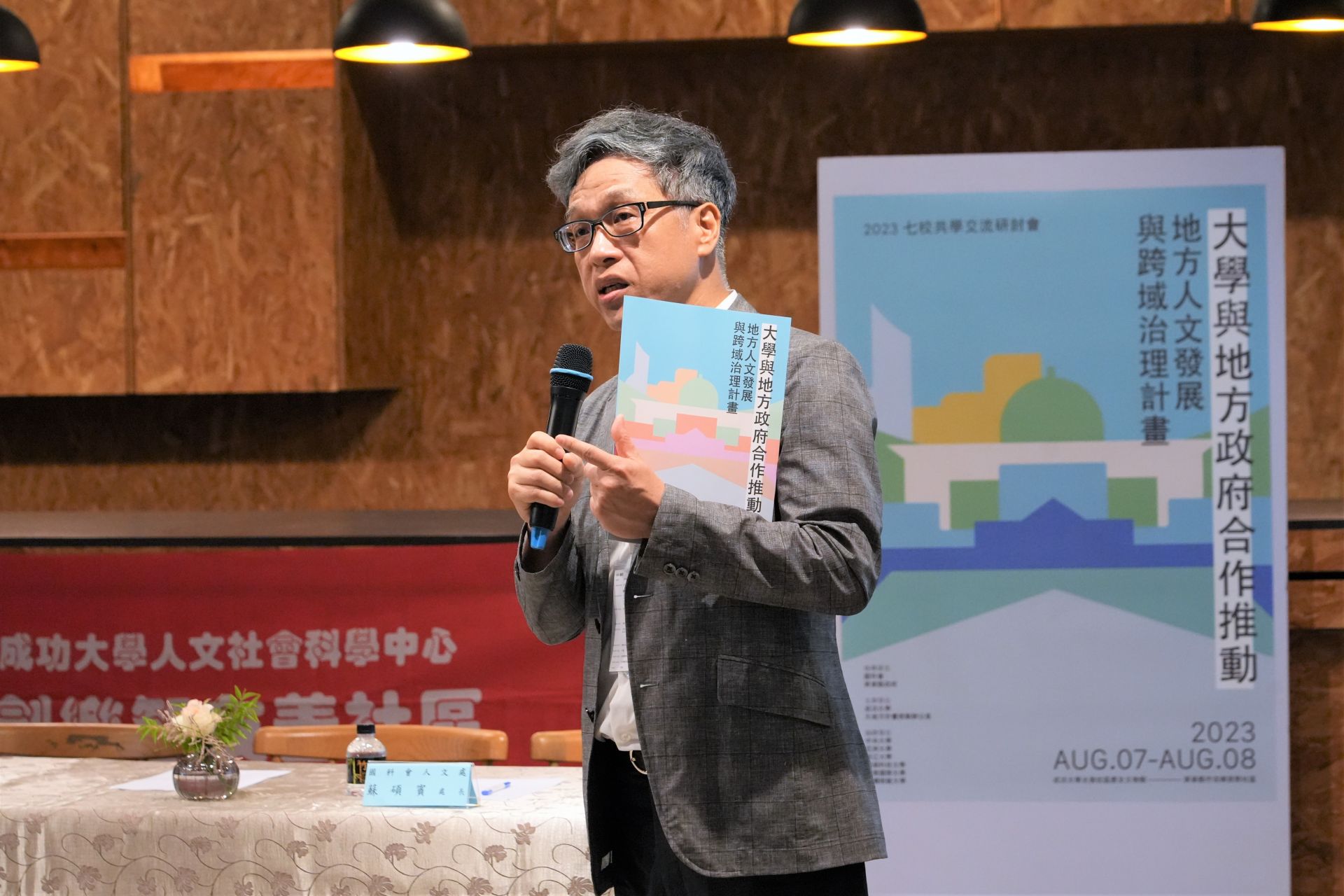
The NSTC's Local Earth Project aims to explore the issues of humanistic development and cross-domain governance faced by regions outside Taiwan's six major cities.
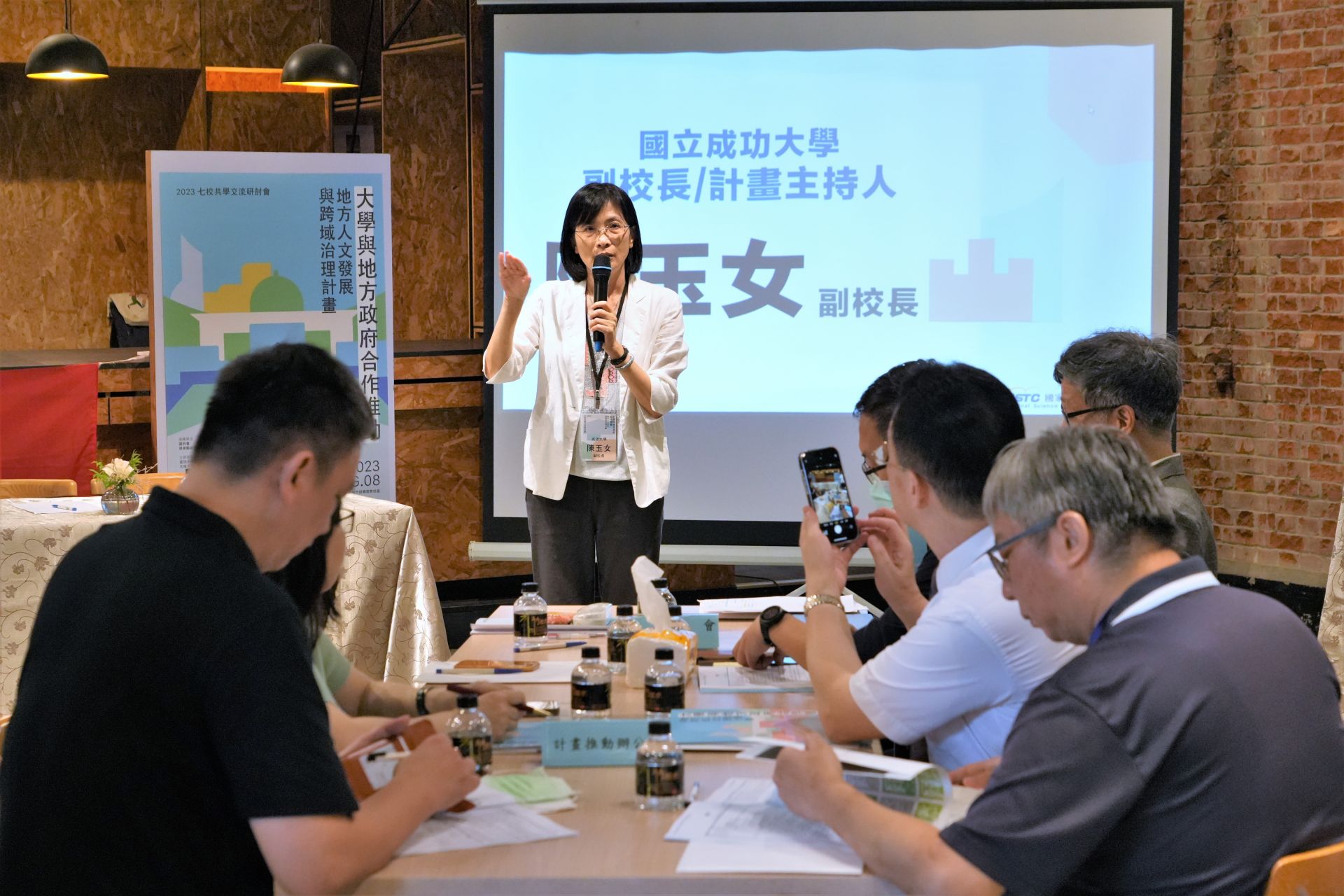
Vice President Chen noted that the Local Earth Project encounters both challenges and achievements in its implementation, and the exchange among the seven schools facilitates sharing experiences.
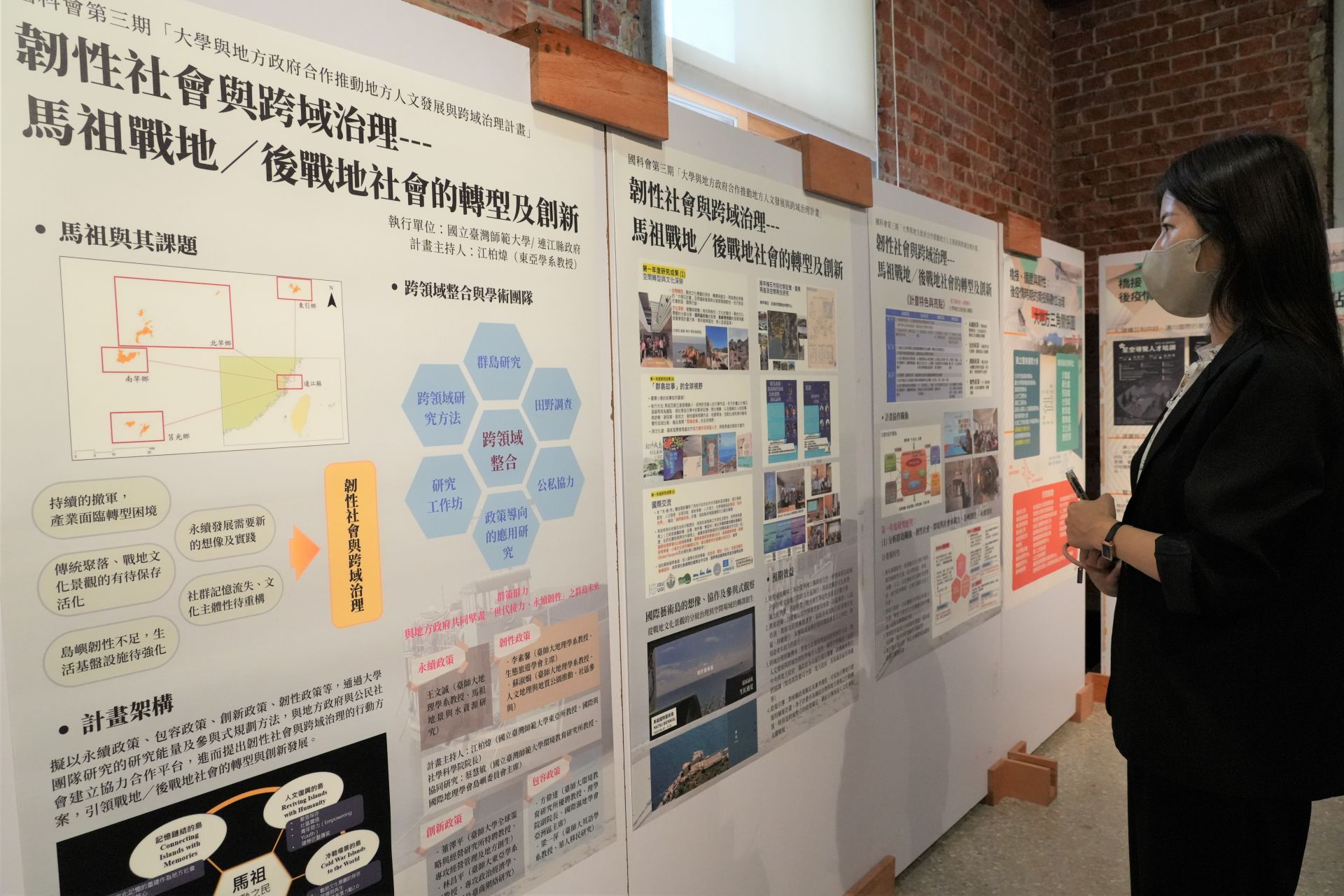
The Local Earth Project's seven-school exchange seminar also featured an exhibition of project outcomes through posters.
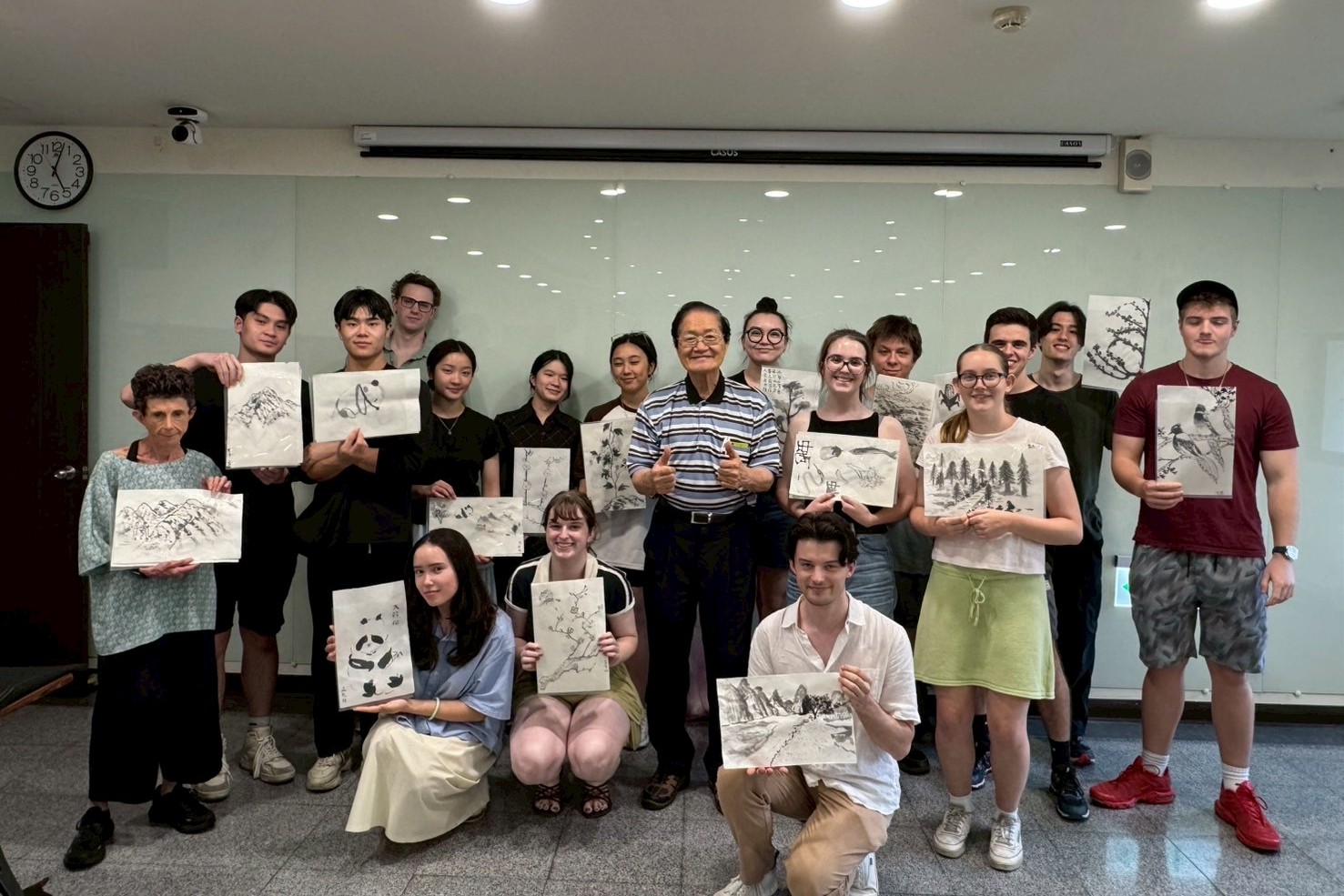
SDG11Bridging Cultures Through Ink and Brush: University of Melbourne Students Experience the Beauty of Traditional Chinese Ink Art
View more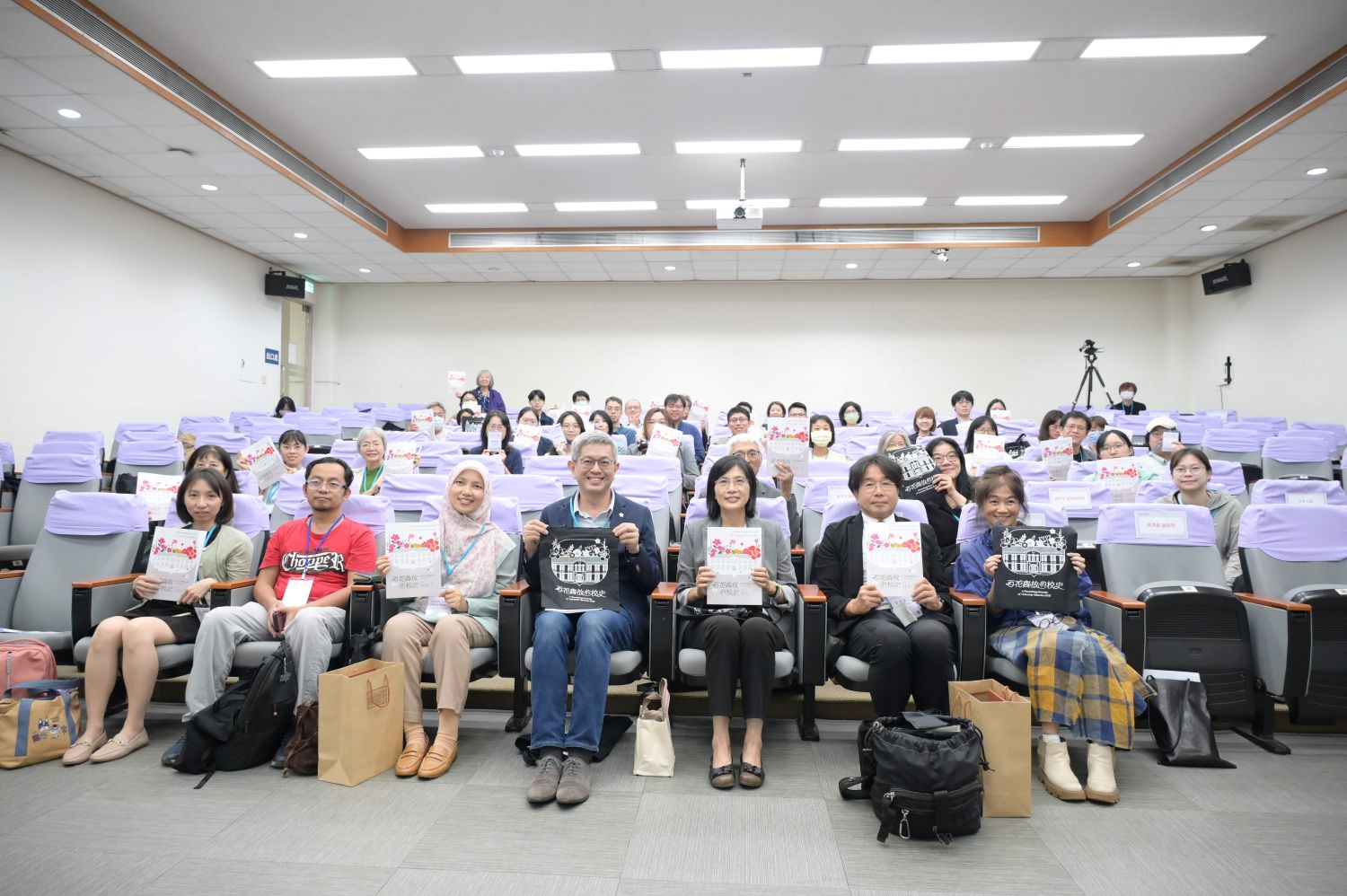
SDG11【94th Anniversary】NCKU Hosts Second Campus and Institutional History Symposium in Full Bloom
View more